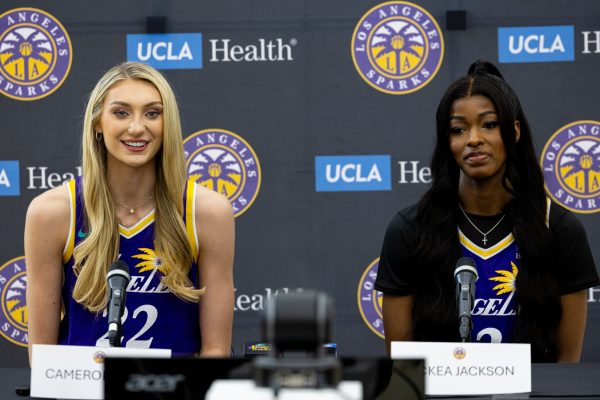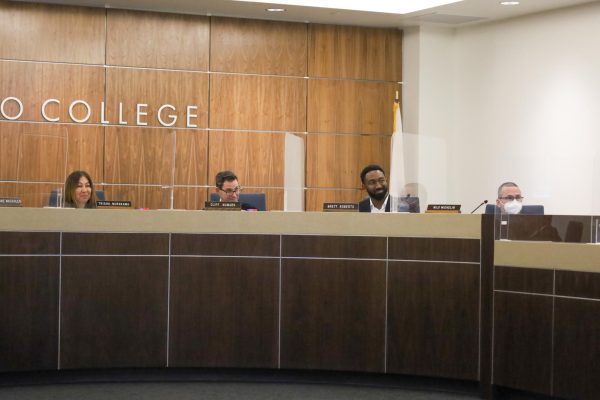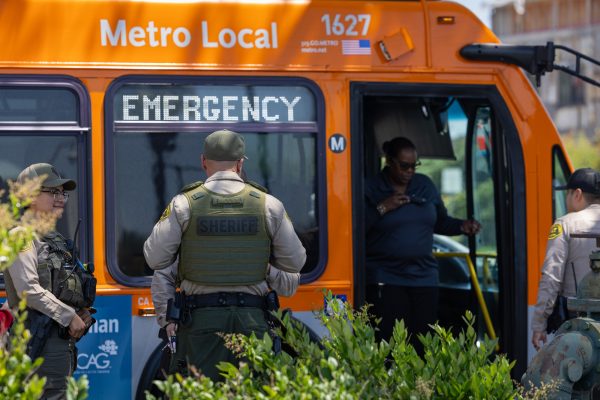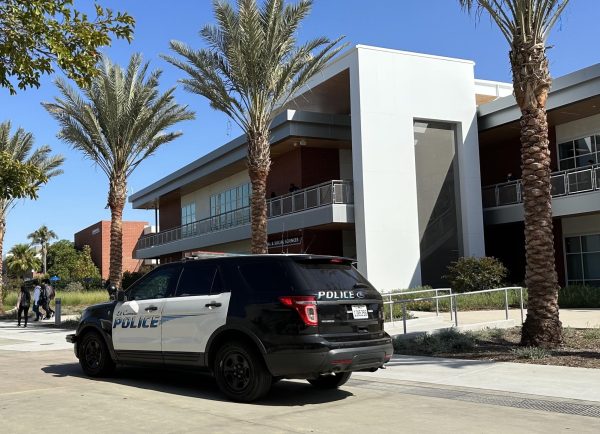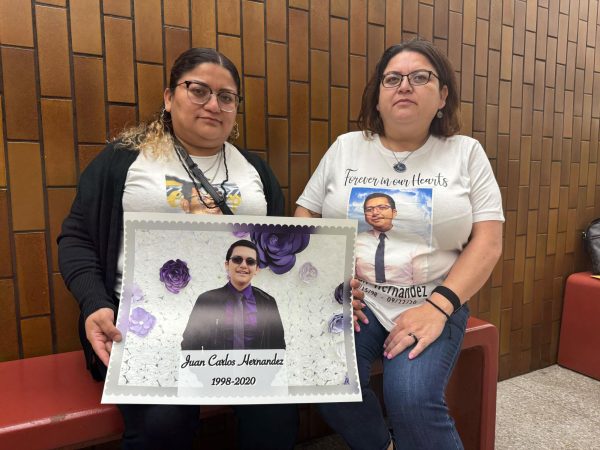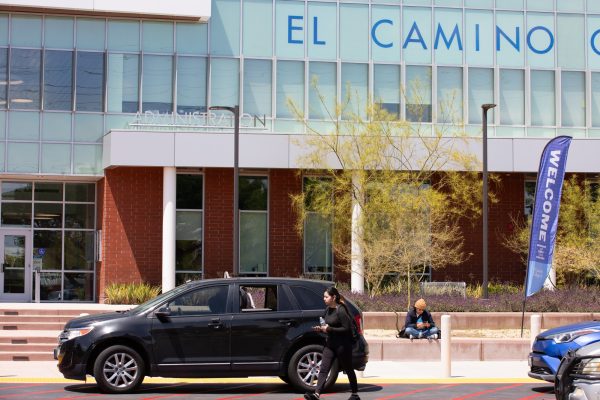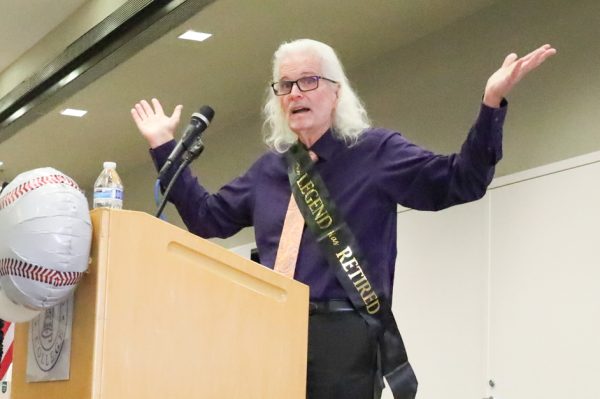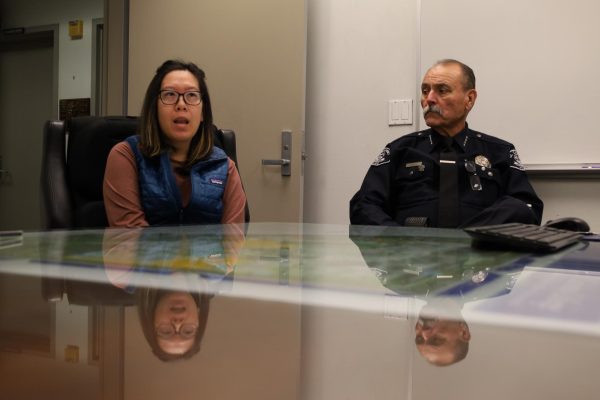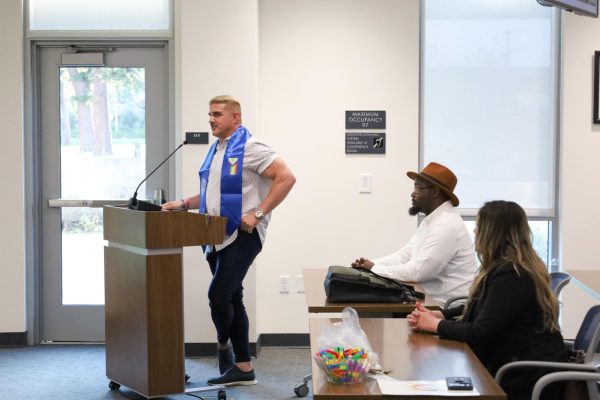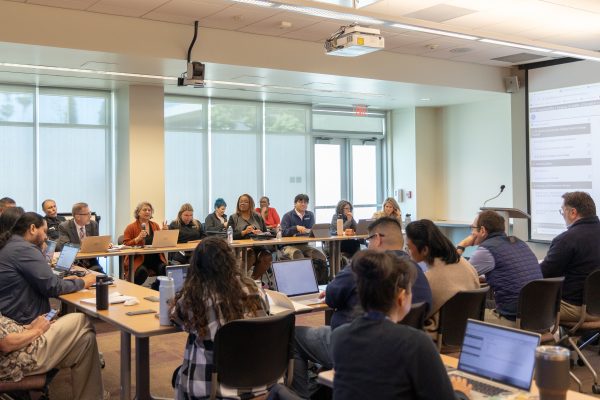Breast Cancer rates in younger women doubles, heightens student awareness
Breast-cancer rates in women ages 25 to 39 have almost doubled during the past 34 years, according to a recently released report by The Journal of the American Medical Association.
The increase, spans all ethnicities with no “similar increase” in other age groups and no root causes have been identified, according to the same report, which characterized the increase as “small but statistically significant.”
Debbie Conover, student health services coordinator, said younger women on campus shouldn’t let the report scare them.
“I think the thing is, you don’t want to get alarmed,” Conover said. “You want to get proactive rather than reactive. Knowledge is power.”
Deborah Herzik, a certified family nurse practitioner at the Student Health Center, said female students should talk to their doctors if they have a family history of breast cancer, conduct monthly self breast exams and take their health seriously.
“We always encourage any person on campus to eat a healthy low fat diet; lean protein rich in fiber and antioxidants, fresh fruits and vegetables, get plenty of rest,” Herzik said. “Water is really, really important. It’s important to stay well hydrated and exercise.”
Conover said that the Student Health Center offers free physical exams and that students that have any questions or concerns about breast cancer are always welcome.
One faculty member with first-hand knowledge of the disease is Debra Breckheimer, 53, English professor, who was diagnosed with stage-three breast cancer in February of 2012 and is still in the recovery process.
She said that her diagnosis had taken her completely off guard because there had been no physical symptoms such as lumps, odd sensations or unusual levels of fatigue.
“I was in utter shock,” Breckheimer said. “I felt like I was the healthiest person in the world when I walked in for my routine mammogram.”
She said another reason she hadn’t expected the diagnoses was due to a shift in her lifestyle 8 years ago that included eating healthy foods and exercising routinely.
She cautioned younger women not to feel invincible because of their age.
“I didn’t think it could happen to me because I took to good a care of myself, but I think there were to many years where I didn’t,” Breckheimer said. “My message to them (younger women) would be that you have to start very early taking good care of yourself and being mindful of what you put into your body and what it does.”
Although some of the younger female students may not yet be considering the possibility of getting breast cancer, Mayra Acevedo, 20, nursing major, said the thought had crossed her mind.
“It’s scary and I do try to check myself regularly,” she said.
Acevedo said her peers should be vigilant as well.
“They definitely have to think about it because sometimes when you actually find out about it, it’s too late and you’re regretting it so you do have to keep up with yourself,” she said. “It doesn’t take a long time so I don’t think you can say ‘I don’t have the time to check’ or ‘I wouldn’t know how.’ It’s very simple, so just go for it.”


